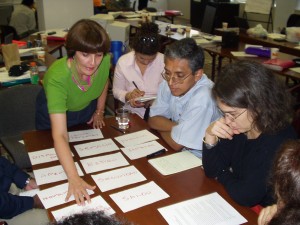IDEAS is committed to combatting climate change with solar and other renewable energy sources. We created the first microfranchise in Nicaragua called TecAp. We trained 100 women sellers of solar powere products. We spent many years teaching and then supervising 76 youth to install solar systems on rooftops and to use solar energy to pump water. To see them in action and hear them tell their stories, see YouTube videos on TecAp.
High quality coffee is grown in the mountains, often far away from Nicaragua’s national electrical grid. Low-income women and their families who have bought solar systems found three major types of benefits.
- Benefits to the family: Family health improves by replacing kerosene lamps that produce toxic pollution and soot in their house. It allows the family to study at night and makes household tasks and care of the sick easier. New electric appliances, like blenders, save labor and time.
- It saves the family money each month on batteries, fuel & long trips to charge cell phones. These savings can be used for better nutrition.
- Solar helps women generate money in their microenterprises. Women who have home-based grocery stores say that neighbors are attracted to their stores at night. Some may come in to watch a show on the new solar-powered TV and end up buying their food there. Solar energy can pump water for the house, animals and to irrigate crops. This allows women to diversify their sources of income. For the poor, saving money and increasing income create a higher quality of life and provide more choices.
IDEAS newest economic program, TecAp, is a microfranchise providing solar energy. It helps create a better quality of life by creating a source of income for poor women microfranchisees while they sell solar-powered products. It helps vulnerable farm families’ access loans to buy solar rooftop systems to generate electricity. We also provide vital training for rural women and the youth to learn how to install and repair solar systems while earning needed income in places with no formal employment.
All this is being done in Nicaragua, the second poorest country in the hemisphere.
- With solar energy, families are able to move freely in their home at night or in the breakfast prep in the early morning without danger of fire from open lanterns.
- Their children do their homework and study at night without ingesting toxic kerosene fumes.
- People are able to charge their phones at home rather than spend up to a full day round trip to the nearest place with electricity.
- Having light means that they have the freedom to run their home-based business at any hour.

 Español
Español

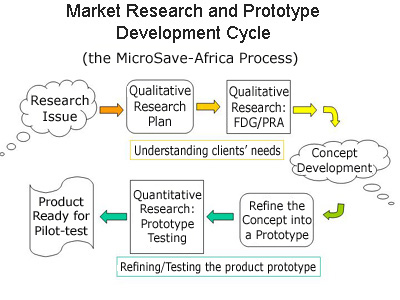 These tools are used for :
These tools are used for :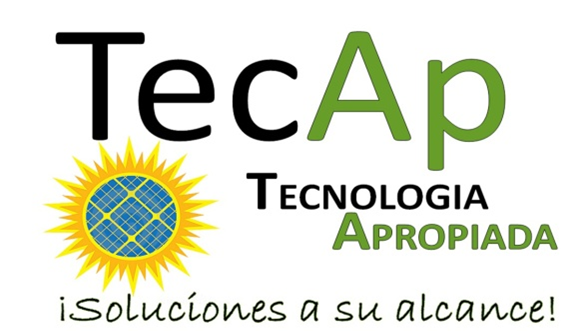
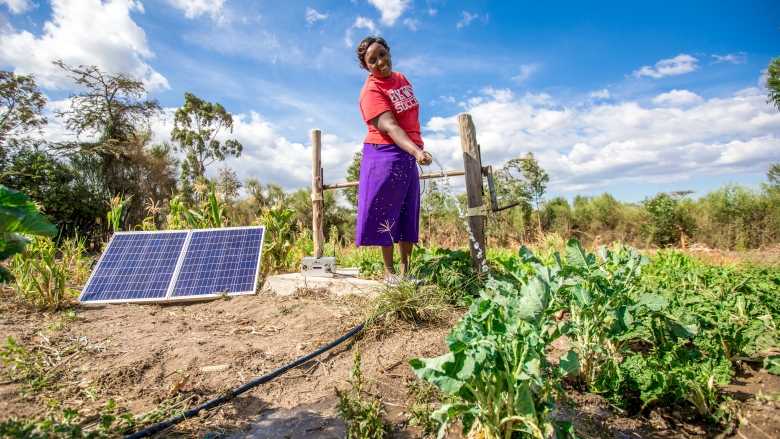
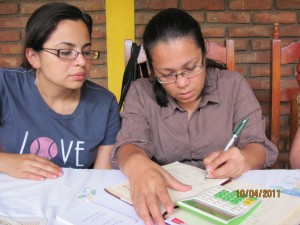 The Institute for Development, Evaluation, Assistance & Solutions (IDEAS), which has three and a half decades of work in community economic development on four continents, is a leader in social entrepreneurship. Now IDEAS is offering microfranchise consultancy services. Our experiences and successes in microfinance and microenterprise development have fostered a strong interest in helping to introduce microfranchising in Latin America. For more than 20 years, as IDEAS has evaluated the impact of microfinance, performed market research and participated in social performance evaluations, we have grown increasingly concerned about the lethargic growth of microentrepreneurs and the relatively small percentage of microenterprises that graduate into successful small businesses. We believe that microfranchising offers a more effective method of enterprise development that can overcome barriers in start-up and, in combination with proven strategies, can offer a more comprehensive solution to help microentrepreneurs rapidly grow their own businesses.
The Institute for Development, Evaluation, Assistance & Solutions (IDEAS), which has three and a half decades of work in community economic development on four continents, is a leader in social entrepreneurship. Now IDEAS is offering microfranchise consultancy services. Our experiences and successes in microfinance and microenterprise development have fostered a strong interest in helping to introduce microfranchising in Latin America. For more than 20 years, as IDEAS has evaluated the impact of microfinance, performed market research and participated in social performance evaluations, we have grown increasingly concerned about the lethargic growth of microentrepreneurs and the relatively small percentage of microenterprises that graduate into successful small businesses. We believe that microfranchising offers a more effective method of enterprise development that can overcome barriers in start-up and, in combination with proven strategies, can offer a more comprehensive solution to help microentrepreneurs rapidly grow their own businesses. Many microfinance professionals and donors have come to understand that access to credit and savings alone is often not enough to move poor entrepreneurs out of poverty. Certain non-financial services can also be useful in helping entrepreneurs improve their individual businesses. Called “business development services” ( BDS), they include training clients in finding buyers who will pay more for their goods; teaching them to do bookkeeping and pricing; developing appropriate technology to improve production, and specific technical assistance. Providing BDS can include encouraging collective action by entrepreneurs, such as joining together to buy in bulk at wholesale prices, and helping clients to negotiate less expensive prices with suppliers.
Many microfinance professionals and donors have come to understand that access to credit and savings alone is often not enough to move poor entrepreneurs out of poverty. Certain non-financial services can also be useful in helping entrepreneurs improve their individual businesses. Called “business development services” ( BDS), they include training clients in finding buyers who will pay more for their goods; teaching them to do bookkeeping and pricing; developing appropriate technology to improve production, and specific technical assistance. Providing BDS can include encouraging collective action by entrepreneurs, such as joining together to buy in bulk at wholesale prices, and helping clients to negotiate less expensive prices with suppliers.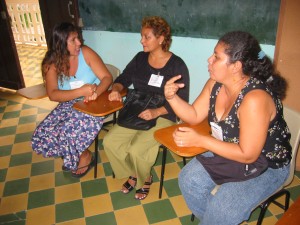 For example, Puneetha Palakurthi of IDEAS flew to the Philippines in August of 2006 to do several weeks of field work with the staff of CARD (Centre for Agricultural and Rural Development) to analyze the subsectors of CARD borrowers. The challenge was to figure out how to provide better business development services to CARD’s 100,000 borrowers. At the same time, the staff were encouraged to think about how they might approach Market Development in ways that would benefit more current and future clients.
For example, Puneetha Palakurthi of IDEAS flew to the Philippines in August of 2006 to do several weeks of field work with the staff of CARD (Centre for Agricultural and Rural Development) to analyze the subsectors of CARD borrowers. The challenge was to figure out how to provide better business development services to CARD’s 100,000 borrowers. At the same time, the staff were encouraged to think about how they might approach Market Development in ways that would benefit more current and future clients.
